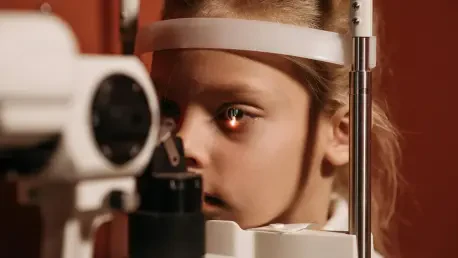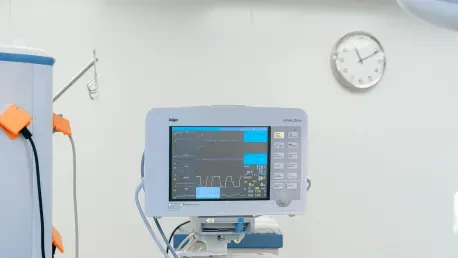
The unforeseen impact of the COVID-19 pandemic initiated a global rush not only to discover vaccines but also to explore effective antiviral drugs capable of counteracting multiple coronaviruses. This effort has evolved beyond traditional scientific methods, incorporating surprising and innovative

India's healthcare landscape is experiencing transformative changes with recent advancements, including the inauguration of the Phenome India "National Biobank." This ambitious initiative, spearheaded by Dr. Jitendra Singh, underscores a pivotal moment for personalized healthcare in the country.

The ever-evolving battle against bowel cancer has encountered a formidable challenge: drug resistance. Bowel cancer, one of the most common cancers in the U.K., affects over 44,000 individuals annually, pushing scientists to devise new tools for predicting how this cancer can evolve against

In the rapidly progressing world of biomedical science, imaging technologies play a pivotal role in unlocking the mysteries of human health. Over the last few years, lipid imaging mass spectrometry has emerged as a groundbreaking tool, offering unprecedented insights into the complex nature of

In the ongoing battle against child abuse, radiologists have emerged as pivotal figures, wielding advanced diagnostic imaging techniques to identify and prevent harm. This role gained attention at the European Congress of Radiology, where Dr. Rick R. Van Rijn of Amsterdam University Medical Center

In the incredibly intricate world of medical diagnostics, artificial intelligence has made groundbreaking strides, especially concerning liver diseases such as biliary atresia (BA). This rare and severe condition affects infants, and delays in diagnosis can lead to significant liver damage. A
1 2 3 4 5 6 7 8 9 10 11 12 13 14 15 16 17 18 19 20 21 22 23 24 25 26 27 28 29 30 31 32 33 34 35 36 37 38